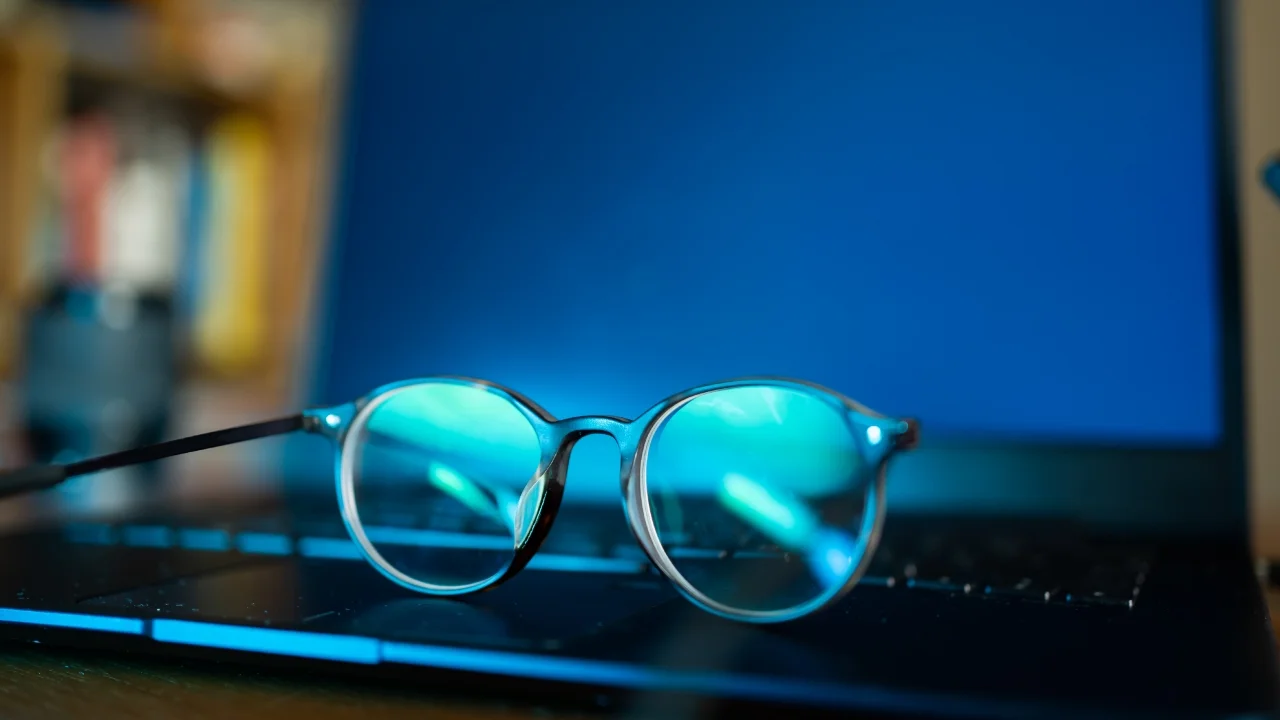Blue-light-blocking glasses have gained significant popularity as a solution for combating eye strain and improving sleep quality. However, a recent in-depth analysis of 17 studies has raised questions about their efficacy in delivering the anticipated benefits.
These glasses, designed to shield the eyes from the potentially harmful blue light emitted by screens, may not be providing the relief many users had hoped for, according to the comprehensive study. Led by Laura Downie, an associate professor in optometry and vision sciences at The University of Melbourne, the analysis delved into randomized controlled trials exploring the effects of blue-light glasses on vision, eye health, and sleep quality.
The analysis yielded surprising results. Contrary to common beliefs, the study found that blue-light blocking glasses are unlikely to significantly alleviate digital eye strain or bring about substantial improvements in sleep quality. While some studies demonstrated minor reductions in eye strain, these effects were generally observed over short periods.
One key factor to consider is that blue-light filtering lenses typically block only a small fraction of blue light, ranging from 10% to 25%. In comparison, screens emit relatively limited amounts of blue light. Mark Rosenfield, a professor of biological and vision sciences, highlighted that the primary source of blue light exposure remains the sun, rather than screens.
When it comes to their impact on sleep, the analysis included six studies that produced mixed results. While some studies suggested positive effects on sleep, these benefits were mainly seen in specific groups, and there is insufficient evidence to support their general applicability.
The relationship between blue light and sleep disruption has often been linked to circadian rhythms, a topic more extensively explored in animals than in humans. However, experts note that other factors, such as the content viewed on screens and bedtime routines, play a more significant role in influencing sleep quality.
Given these findings, experts are suggesting alternative strategies to alleviate eye strain and improve sleep quality. Consistently adhering to sleep schedules, minimizing caffeine intake close to bedtime, and refraining from screen usage before sleep are recommended as more effective approaches.
While the use of blue-light-blocking glasses may not carry any harm, their ability to deliver the expected benefits is now being brought into question by the comprehensive analysis. As users seek solutions for eye strain and sleep problems, the study emphasizes the importance of considering various factors that contribute to overall well-being.




